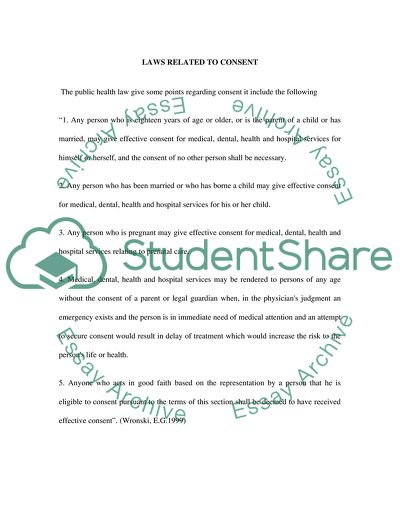Cite this document
(“Obtaining Consent in Pre-Hospital Setting Essay”, n.d.)
Obtaining Consent in Pre-Hospital Setting Essay. Retrieved from https://studentshare.org/health-sciences-medicine/1553428-obtaining-consent-in-pre-hospital-setting-accountability-and-proffessional-issues-for-paramedics
Obtaining Consent in Pre-Hospital Setting Essay. Retrieved from https://studentshare.org/health-sciences-medicine/1553428-obtaining-consent-in-pre-hospital-setting-accountability-and-proffessional-issues-for-paramedics
(Obtaining Consent in Pre-Hospital Setting Essay)
Obtaining Consent in Pre-Hospital Setting Essay. https://studentshare.org/health-sciences-medicine/1553428-obtaining-consent-in-pre-hospital-setting-accountability-and-proffessional-issues-for-paramedics.
Obtaining Consent in Pre-Hospital Setting Essay. https://studentshare.org/health-sciences-medicine/1553428-obtaining-consent-in-pre-hospital-setting-accountability-and-proffessional-issues-for-paramedics.
“Obtaining Consent in Pre-Hospital Setting Essay”, n.d. https://studentshare.org/health-sciences-medicine/1553428-obtaining-consent-in-pre-hospital-setting-accountability-and-proffessional-issues-for-paramedics.


